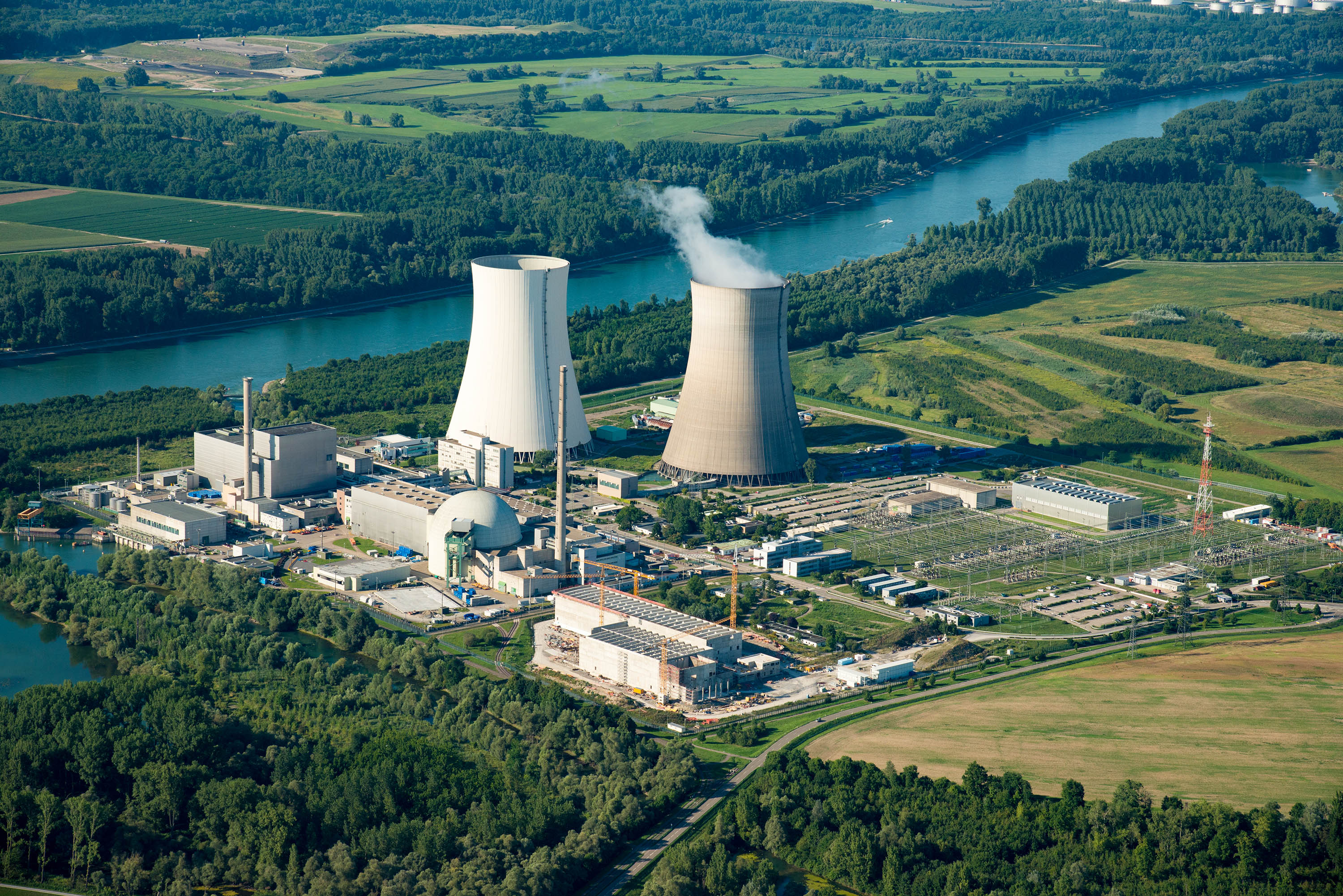
A nuclear era is about to draw a close in Germany. The nation is shutting down operations in its last three nuclear reactors. Read to know more.
End of a nuclear era for Germany
On Saturday, Germany began operations to shut down its remaining nuclear power plants, marking the end of the atomic age after six decades. The European country and its populace have been harboring a strong sentiment against nuclear reactors. The campaign first began during the cold war following the disaster in Chornobyl, Ukraine. The agenda was further pushed forwards after the Fukushima Daichi disaster in Japan in 2011.
“The risks of nuclear power are ultimately unmanageable,” stated Steffi Lemke, the Environment Minister. The three nuclear reactors were providing six percent of the country’s energy in 2022. The production was a reduction from almost 31 percent in 1997. Moreover, since 2003, Germany has shut down 16 reactors.
More on the reactors
In October 2022, Chancellor Olaf Scholz announced the plan to keep the three plants running till April 2023. However, the extension was due to the looming power crisis that was aggravated by the Russia-Ukraine war. “The legal basis will be created to allow the operation of the nuclear power plants Isar 2, Neckarwestheim 2, and Emsland beyond December 31, 2022, until April 15, 2023,” stated Scholz. Moreover, Germany relies on Moscow for 55 percent of its energy needs. Since then, it managed to reduce it to 35 percent and is hoping to reduce Russian imports to zero.
“At a time of heightened concern about energy security, Germany will be abandoning assets that can displace 34bn cubic meters of gas a year,” stated Tom Greatrex. Greatrex is the chief executive of the UK’s Nuclear Industry Association. Experts are puzzled about how Berlin is heading ahead with its plan of using coal energy despite the serious environmental ramifications associated with it. Additionally, Scholz called for the installation of “four to five wind turbines a day” in the coming years.
